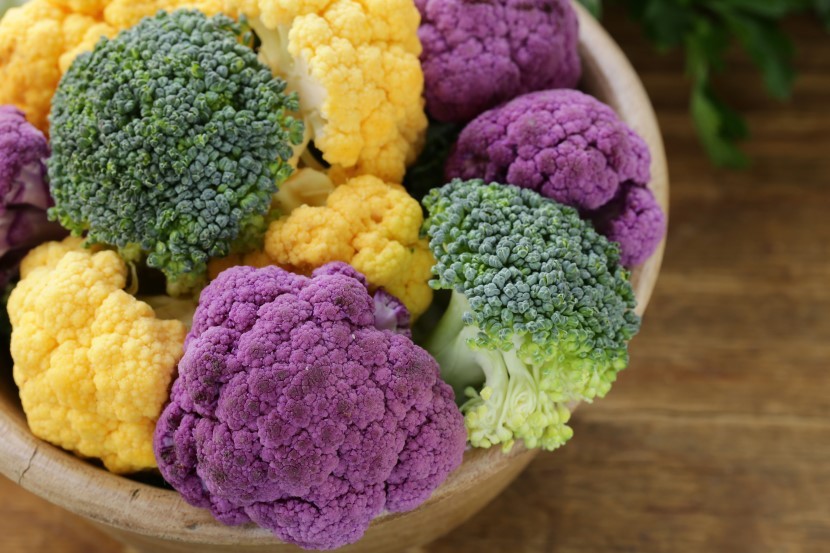Numerous health benefits are associated with regular intake of vegetables. However, not all vegetables are created equal. Some vegetables are more nutrient-dense and have more profound health benefits than others. Cruciferous vegetables belong to the elite class of vegetables renowned for their nutrient density and health-promoting effects. Cabbage, kale, broccoli, cauliflower, brussels sprouts, radishes, arugula, collard greens, and bok choy are examples of vegetables that belong to the family of cruciferous vegetables. Also known as Brassicca vegetables, this family of nutritious vegetables are packed with vital vitamins, minerals, phytochemicals, proteins, and fiber that are essential for the maintenance of sound health and in the prevention of numerous diseases. Here are 3 amazing benefits associated with the consumption of generous portions of cruciferous vegetables:
Boost Cardiovascular Health
Cardiovascular disease is the number one killer disease in the world. Over 600,000 people die from heart disease every year in the United States. Inflammation plays a significant role in the development of various cardiovascular diseases, such as stroke, coronary heart disease, and myocardial infarction. In addition, high blood levels of lipids are also a well-established risk factor for cardiovascular disease. Therefore, reducing the rates of inflammation in the body and enhancing the loss of fats can help to cut down the likelihood of developing cardiovascular disorders. Cruciferous vegetables are rich sources of sulforaphane. This phytochemical reduces inflammation and enhances the burning of fats through adipose tissue browning. Adequate intake of cruciferous vegetables may help to guard against the development of cardiovascular diseases.
Enhance Brain Function
The findings of a study conducted by a team of researchers from Harvard Medical School revealed that women who ate high amounts of cruciferous vegetables experienced lower rate of cognitive decline than women on diets low in cruciferous and leafy vegetables. Another study published in the Journal of the Frontiers in Aging Neuroscience showed lutein, a naturally occurring antioxidant found in abundant quantities in cruciferous vegetables, help to preserve cognitive function and mental sharpness as the brain ages. Cruciferous vegetables are packed with choline (a B vitamin known for its role in brain development) and brain-protecting antioxidants, such as lutein and sulforaphane. Choline is necessary for the proper development and functioning of the brain and the antioxidants protects the brain from free-radical induces damages that are mainly responsible for several age-related brain disorders, such as dementia, Alzheimer's disease, and Parkinson's disease.
Protect Against Cancer
According to the National Cancer Institute, indoles and isothiocynates have been found to inhibit the development of cancers in several organs in rats and mice, including the bladder, breast, lung, colon, liver, and stomach. In addition, several animal and human studies have also shown that sulforaphane is a potent killer of cancer stem cells, thereby inhibiting and preventing the growth and development of tumor cells. Cruciferous vegetables are excellent sources of potent anti-carcinogenic phytochemicals, such as indoles, isothiocynates, and sulforaphane. Consistent intake of generous portions of cruciferous vegetables may help supply the body with the necessary ammunition needed to fight off cancer.
Additional Information:
(1) Cruciferous Vegetables Protect Against Cancer
(2) Cruciferous Vegetables Reduce Pancreatic Cancer Risk
(3) More studies about Cruciferous Vegetables on DrCarney.com
